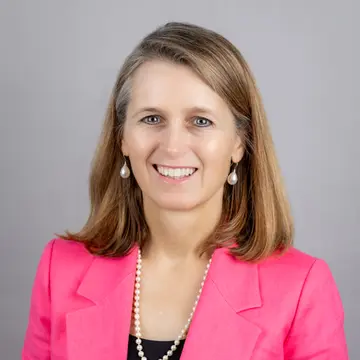Catherine Wolfram, the William Barton Rogers Professor in Energy and a professor of Applied Economics at MIT Sloan, was elected to the American Academy of Arts and Sciences and will be formally inducted in October 2025.
Founded in 1780, the Cambridge, Mass.-based American Academy of Arts and Sciences honors excellence and convenes leaders from every field of human endeavor to examine new ideas, address issues of importance to the nation and the world, and work together, as expressed in its charter, “to cultivate every art and science which may tend to advance the interest, honor, dignity, and happiness of a free, independent, and virtuous people.” According to a press release, the Academy’s work has helped set the direction of research and analysis in science and technology policy, global security and international affairs, social policy, education, the humanities, and the arts.
Other notable Academy members include early Americans such as John Adams, Benjamin Franklin, Alexander Hamilton, and George Washington. Other distinguished members have included Margaret Mead, Jonas Salk, Barbara McClintock, John F. Kennedy, Martin Luther King, Jr., Aaron Copland, Martha Graham, John Hope Franklin, Georgia O’Keeffe, E.O. Wilson, and Madeleine Albright. The Academy’s current members represent today’s innovative thinkers in every field and profession, including more than 250 Nobel Prize and Pulitzer Prize winners. A list of current Academy members in Economics (Wolfram’s field) is available here.



